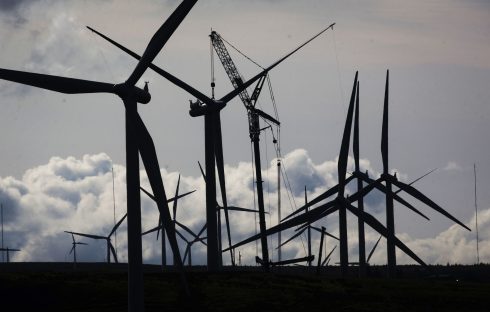VALENCIA is using city graveyards to help it reach climate neutrality by 2030.
Finding suitable sites for solar farms in urban areas isn’t easy, so Valencia has come up with ‘Requiem in Power’- shortened appropriately to RIP- where panels will be placed in cemeteries.
The RIP plan aims to install 6,658 photovoltaic panels across the city’s cemeteries to generate 27% of the city’s energy from renewable sources.
READ MORE:
- Hundreds join protest against controversial solar farm on Spain’s Costa Blanca that ‘threatens wildlife and 10,000 trees’
- Plans for three solar farms on ‘protected’ land in Spain’s Alicante are shut down by the regional government
- First vertical solar energy park tests in Spain taking place in Valencia

The panels are being installed on top of crypts and other structures in five public cemeteries with the aim of creating a total generating capacity of 2.8 megawatts.
So far, 810 panels have been placed in three cemeteries at Grau, Campanar and Benimamet.
They are capable of producing 440,000 kilowatts of electricity per year which will eliminate 140 tons of carbon dioxide emissions annually.
When finished, the total number of panels will see RIP become the largest urban solar farm in Spain.
It will supply electricity primarily to public utilities, but also to around a thousand local homes occupied by people on lower-incomes.
Besides RIP, Valencia has 29 other projects in its move towards climate neutrality including plans to reduce car use to improve air quality; changing buildings to maximise energy efficiency, and converting all city lighting to LED.











